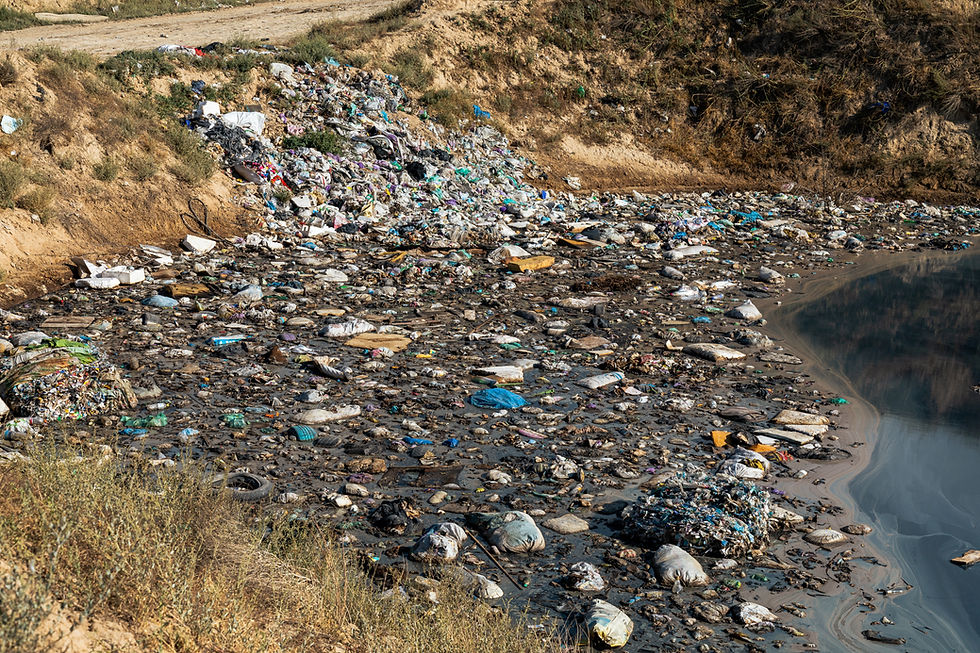DIW and IEAT signed MOU to enhance Industrial Waste Management through digital systems
- Kanokwan Olanrungreang
- Apr 9
- 2 min read

IEAT and DIW signed a Memorandum of Understanding (MOU) on the development of an industrial waste management system to enhance industrial waste management, prevent illegal dumping, and comprehensively monitor industrial waste management.
In a collaborative effort to enhance industrial waste management, Department of Industrial Works (DIW) and Industrial Estate Authority of Thailand (IEAT) entered into a Memorandum of Understanding (MOU) on April 9, 2025, to link the System for requesting permission to transport waste or unusable materials off-site from the factory area (Kor. Aor. 1) with the Real-Time Industrial Waste Tracking System. This MOU is effective for a period of three years, from April 9, 2025, to April 8, 2028. [1]
In 2019, IEAT developed a Real-Time Industrial Waste Tracking System by using AI, GPS-RFID, and CCTV technologies to monitor and manage the transportation of industrial waste from source to disposal. This system was initially implemented in the Northern Industrial Estate and was expanded to cover all 14 industrial estates in July 2023. [2]
Beside the DIW fully applied the "Polluter Pays Principle" by revising Notification of Ministry of Industry on waste or unusable materials management in 2023. Consequently, factories transporting industrial waste off-site for disposal are requested to obtain permission from DIW through the System for requesting permission to transport waste or unusable materials off-site from the factory area (Kor. Aor. 1). Additionally, according to the Notification of Industrial Estate Authority of Thailand No. 79/2554, factories located within industrial estates are requested to follow the procedures outlined in the Notification of Ministry of Industry and are also requested to submit annual reports to the Industrial Estate Office.
This collaboration will provide IEAT officials to enhance their capabilities for factory inspection and oversight, reduce redundant processes for industrial entrepreneurs, and prepare for the future transfer of industrial waste management permitting authority within industrial estates to IEAT officials.
Reference:





Comments